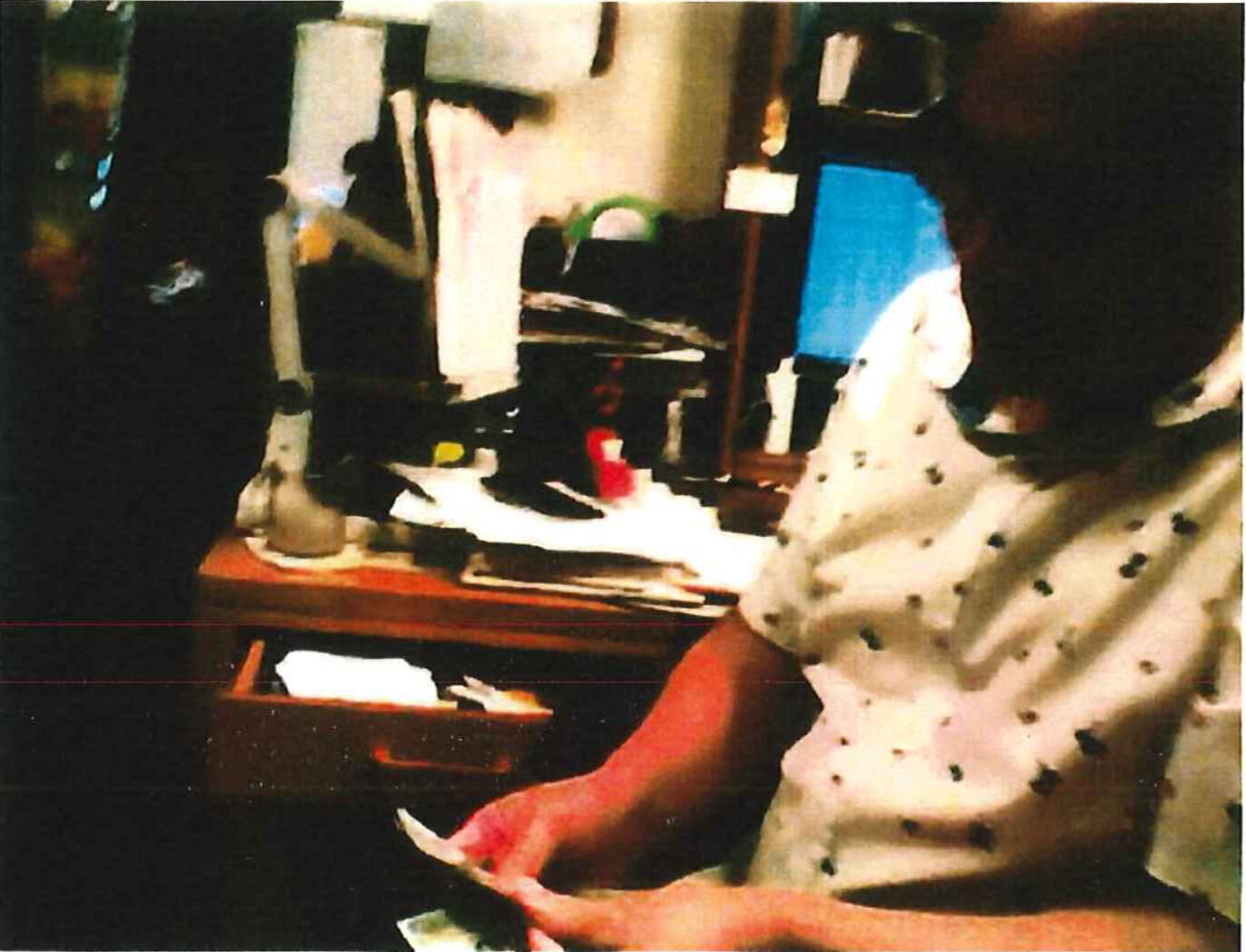A former U.S. Army Special Forces officer was arrested and charged with providing U.S. national defense information to Russia, the Department of Justice announced on Friday.
Peter Rafael Dzibinski Debbins, 45, a former Army Green Beret from Gainesville, Virginia, was arrested on Friday. He is accused of conspiring with agents of a Russian intelligence service for more than 10 years, specifically from December 1996 to January 2011, according to an indictment (pdf) made public after his arrest.
If convicted, Debbins faces a maximum penalty of life in prison. He will have an initial court appearance on Monday. Online court records remained sealed, so it wasn’t immediately clear whether Debbins has an attorney.
The Justice Department earlier this week charged a former CIA officer, Alexander Yuk Chung Ma, with spying for China, making Debbins’s case the second arrest within the past week accusing a government or military official of divulging U.S. intelligence to a foreign country.
Assistant Attorney General for National Security John C. Demers said in a statement that the two arrests “demonstrate that we must remain vigilant against espionage from our two most malicious adversaries—Russia and China.”
Over the course of the conspiracy, Debbins allegedly gave information that he obtained as a member of the U.S. Army to Russian agents. This included information about his deployment to a chemical unit in South Korea in 1998 and 1999, and later deployments with his Special Forces unit to Azerbaijan and Georgia in 2004.
He continued to disclose information to Russian agents after leaving active duty service, including providing names and information about his former Special Forces team members, so that the Russian agents could decide whether to approach them to ask if they could also spy for Russia.
“The facts alleged in this case are a shocking betrayal by a former Army officer of his fellow soldiers and his country,” Alan E. Kohler, Jr., assistant director of the FBI’s Counterintelligence Division, said in a statement.
“Debbins is accused of giving Russian intelligence officers sensitive information about the units in which he once served and also providing the names of other service members so Russia could try to recruit them. These actions cannot stand and the FBI will aggressively pursue such cases.”
‘Son of Russia’
Debbins’s espionage began in late 1996 when he gave one of his Russian handlers the names of four Catholic nuns he had visited while in Russia, the indictment alleges.
He allegedly told Russian intelligence in late 1996 that he considered himself a “son of Russia,” and by 1997, Russian intelligence agents assigned him a code name, “Ikar Lesnikov,” after he signed a statement saying that he wanted to “serve Russia.”
Debbins had told his Russian handlers in 1997 that he wanted to leave the military but they encouraged him to stay, the indictment noted. The Russian handlers also encouraged his decision to join the Special Forces, saying “he was of no use to the Russian intelligence service as an infantry commander.”
In 2008, he divulged U.S. secrets to Russia “at least in part because he was angry and bitter about his time in the U.S. Army,” prosecutors alleged, adding that Debbins thought at the time that Russia needed “to be built up” and that “America needed to be ‘cut down in size.'”
On multiple occasions, the Russian handlers asked Debbins for U.S. military field manuals. Debbins explained that he was unable to provide them because he believed that carrying the manuals would prompt the Department of Homeland Security to stop him at the airport and seize his electronic devices.
Debbins lost his security clearance and command of his unit for an unspecified security violation in 2004 or 2005, and then left the military in 2005 with an honorable discharge, the indictment states. His security clearance was restored in 2010 by an Army adjudicator but it came with a warning that his family and business connections to Russia might make him ”the target of a foreign intelligence service.”
The Associated Press contributed to this report.
From The Epoch Times



